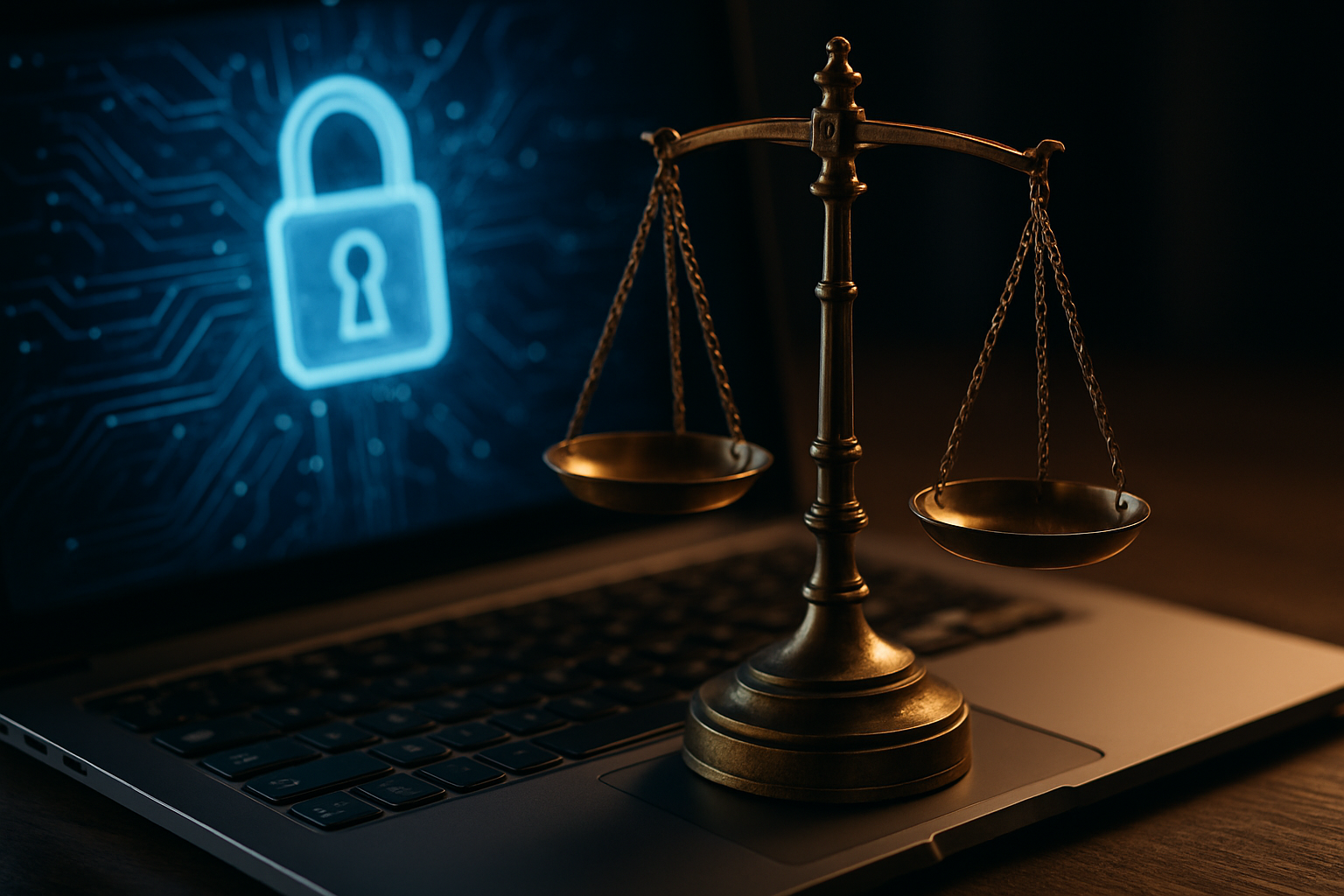The Rise of Cybersecurity Legislation: Bridging the Digital Divide
In recent years, the rapid expansion of digital technology has grown exponentially, leading to an equally rapid development of cybersecurity legislation. This article explores the evolution of these laws, discusses their current status, and evaluates their future implications.

The Dawn of Cybersecurity Legislation
Dating back to the early 2000s, the birth of cybersecurity legislation corresponds with the advent of the digital age. As computers and the internet became ubiquitous, the vulnerabilities associated with their use became apparent. This necessitated the creation of laws to guard against cyber threats. Early legislation such as the Computer Fraud and Abuse Act of 1986 in the United States set the stage for understanding and addressing cyber threats at a legal level.
Current State of Cybersecurity Laws
Fast forward to the present day, cybersecurity laws have matured and diversified in response to the multifaceted nature of cyber threats. For instance, the General Data Protection Regulation (GDPR) in Europe focuses on data protection and privacy, while the U.S. has a fragmented approach, with different laws addressing specific sectors such as healthcare (HIPAA) and finance (GLBA).
Recent Developments in Cybersecurity Legislation
The dynamic nature of the digital landscape necessitates constant legislative updates. Recently, there has been a surge in laws focusing on enhancing national cybersecurity infrastructure. For instance, the Cybersecurity Maturity Model Certification (CMMC) is a recent U.S. initiative that aims to standardize cybersecurity preparedness across the federal government’s defense industrial base (DIB).
Implications of Cybersecurity Laws
The implications of these laws are far-reaching. They not only dictate how organizations handle cyber threats but also influence the global digital rights discourse. By setting standards for data protection, these laws are shaping the digital future, determining how personal information is handled, and impacting how businesses operate in the digital realm.
The Future of Cybersecurity Legislation
The future of cybersecurity legislation will likely be marked by further attempts to harmonize international laws and a continued focus on protecting critical infrastructure. As more of our lives move online, the legal framework surrounding digital security will become increasingly important. It is crucial that these laws evolve to match the pace of technological advancement and to address new threats as they emerge.
In conclusion, as the digital landscape continues to evolve, so too does the legislation governing it. The rise of cybersecurity laws is a testament to the world’s recognition of the importance of digital security, and it is a field that will continue to grow and evolve in the coming years. As citizens and consumers, it is crucial to stay informed about these developments and understand how they impact our digital rights and freedoms.





